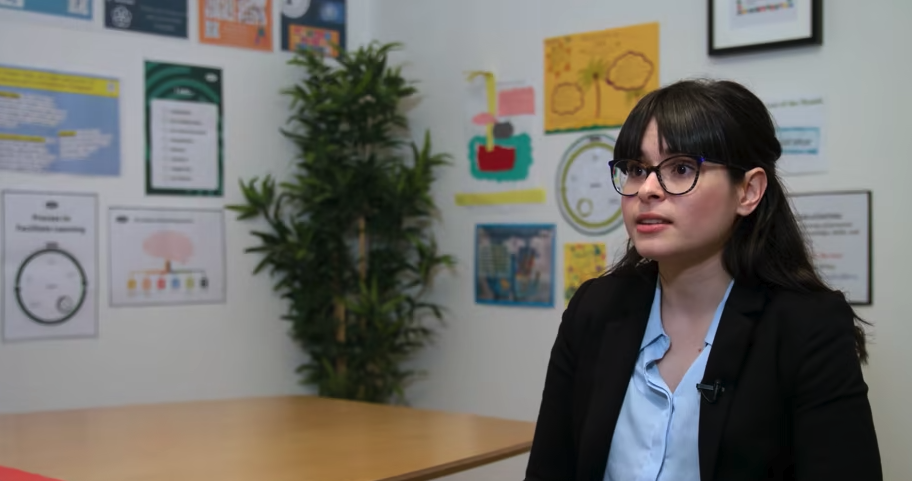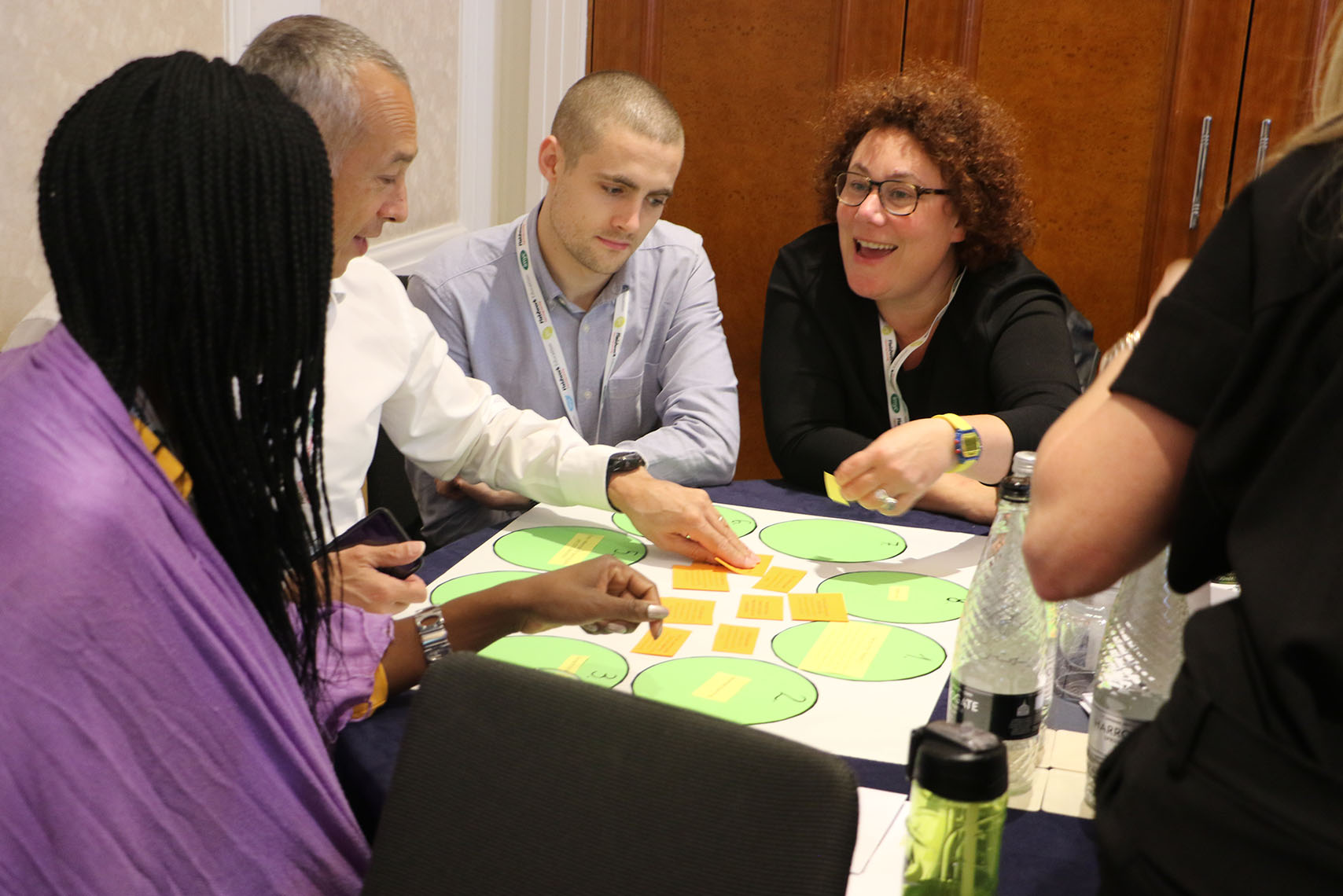Book a meeting with a member of our Outreach team.
More information
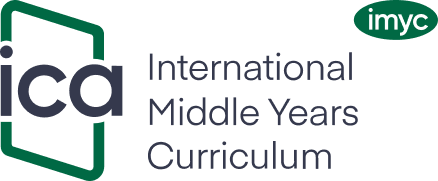
Introducing the International Middle Years Curriculum (IMYC)
The International Middle Years Curriculum (IMYC) engages learners aged 11-14-years-old and focuses on the specific needs of the teenage brain. Guided by brain-based research, it is combined with a progressive pedagogy that encourages teenagers to be informed, globally competent, and future-ready learners.
The IMYC features units crafted around Big Ideas for teachers to create rigorous and enjoyable learning opportunities that enable students to connect and make meaning with their subjects. The framework enables teachers to personalize the IMYC to adolescents while developing their Knowledge, Skills and Understanding across multiple subject areas, encouraging them to positively contribute to the world now and in the future.
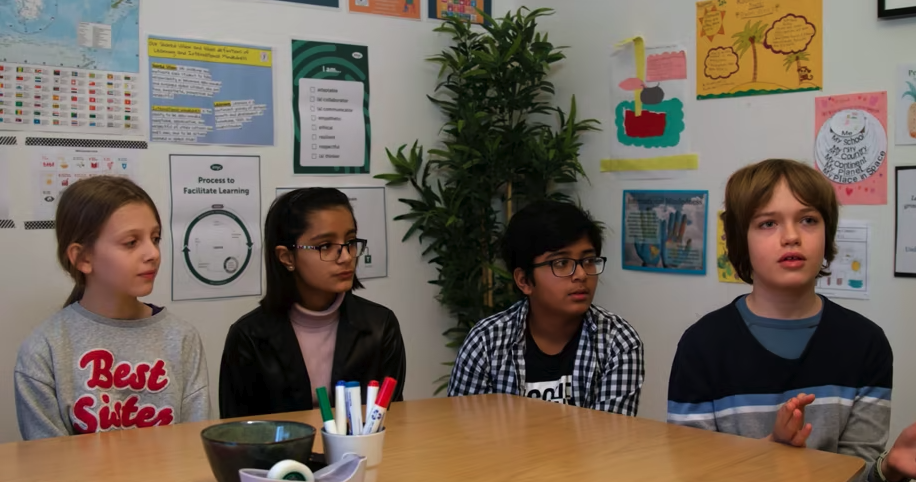
Curriculum design
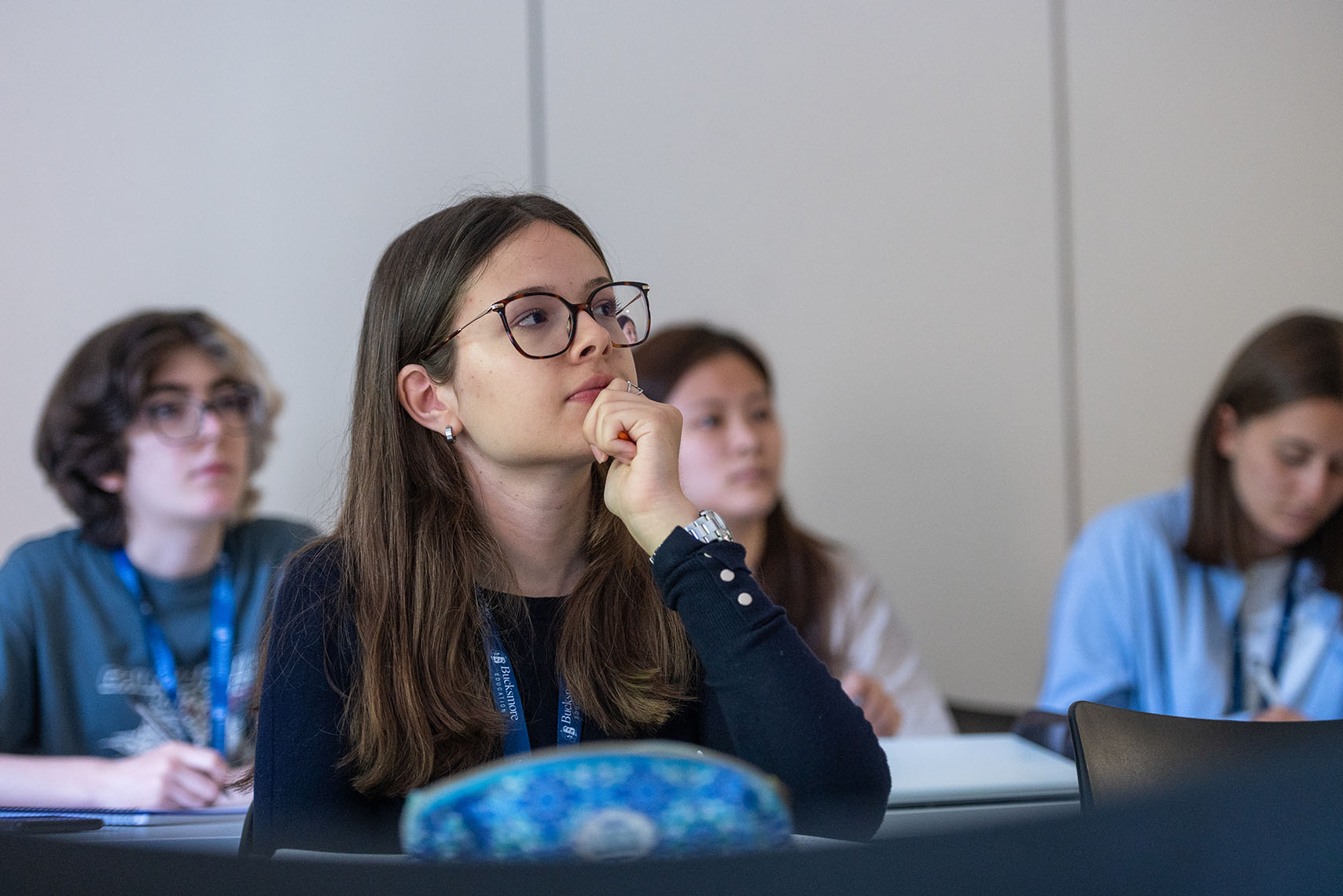
Comprehensive, Research Informed, Evidence Based
Academically informed and designed to be rigorous yet flexible in its design, the IMYC guides the transformative nature of learning and the development of the whole student, preparing them for lifelong learning, within school and beyond.
The IMYC is designed upon the internationally-researched seven foundations of the International Curriculum: Learner-focused Personal, International and Subject Learning Goals; A Progressive Pedagogy; A Process to Facilitate Learning for All; Globally Competent Learners; Knowledge, Skills and Understanding are taught, learned and assessed differently; Connected Learning; and Assessment for Improving Learning.
As the culminating age-range of the International Curriculum, the IMYC utilizes the latest educational research and evidence to ensure its design remains at the forefront of learning design for international education.
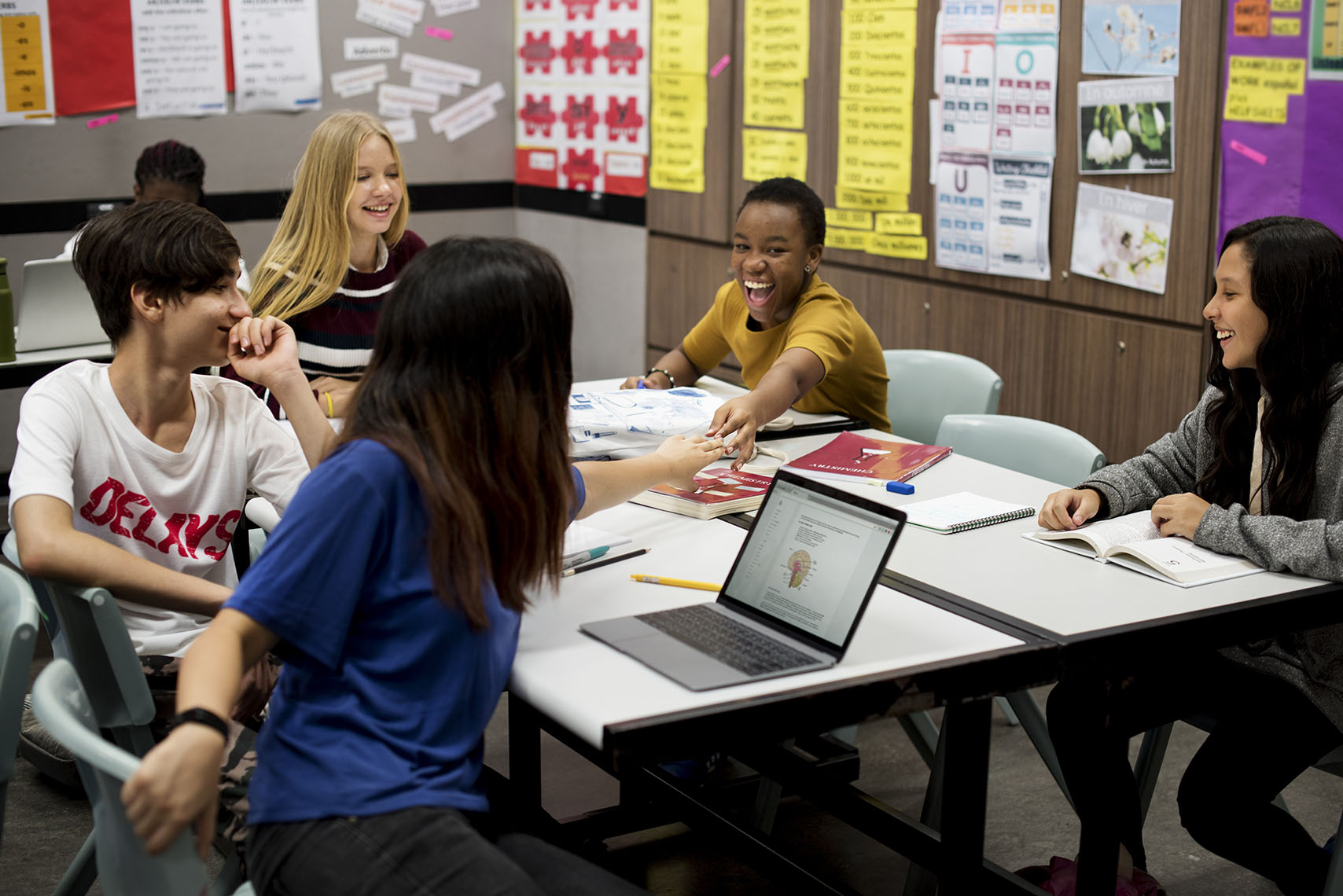
The IMYC Written Curriculum
The IMYC provides an architecture of detailed materials and documentation, designed to support school leaders and teachers with its implementation. Defined resources outline the stages of planning and delivery, in addition to introducing the academic research that underpins the International Curriculum’s design.
The IMYC also features comprehensive units of learning for each of the thirty Big Ideas, consisting of subject-specific learning tasks and assessment activities that appeal to and engage learners across the middle years of 11-12 (MY1), 12-13 (MY2), and 13-14 (MY3) years old.

Personal, International and Subject Learning Goals
The International Curriculum features a set of comprehensive Learning Goals which encompass Knowledge, Skills, and Understanding across all subjects. Within the IMYC, International Learning Goals are also an overarching principle, encouraging students to cultivate an interest in cultures, places and issues to develop globally competent citizens empowered to positively impact society.
To foster holistic development, the Personal Learning Goals further prepare middle years learners for current and future opportunities and challenges. The International Curriculum defines 8 Personal Learning Goals for each IMYC student to aim to be, as they prepare for further study and life beyond: Adaptable, a Communicator, a Collaborator, Empathetic, Ethical, Resilient, Respectful and a Thinker.

Schools and Curriculum Design
The IMYC has been designed to enable schools to build their own learning journey through the middle years using the 30 units of learning, each focused around a Big Idea that spans subject and learning goal coverage, ensuring schools can make selections that best suit their learners and meet any local requirements in their learning context.
The IMYC also features an online, interactive planning tool that supports teachers and leaders through the complex process of planning for learning goal coverage across the International Curriculum, with pre-populated routes available for schools starting their journey with the IMYC.
See how the IMYC could benefit your school.
Learning, Teaching and Assessing with the IMYC

Process to Facilitate Learning
The IMYC is structured around a Process to Facilitate Learning, which is designed to promote engaging learning for adolescent students in the middle years. The internationally-researched formation of the Process to Facilitate Learning provides leaders, teachers and learners with a rigorous, yet adaptable framework within which learning becomes meaningful and relevant for a teenager.
The structured approach introduces consistency with stages of learning, while providing cycles for student engagement to both broaden and deepen what is being learned and how they are learning. Each unit of learning has the Process to Facilitate Learning embedded throughout the Big Idea and specific subject learning tasks and activities.
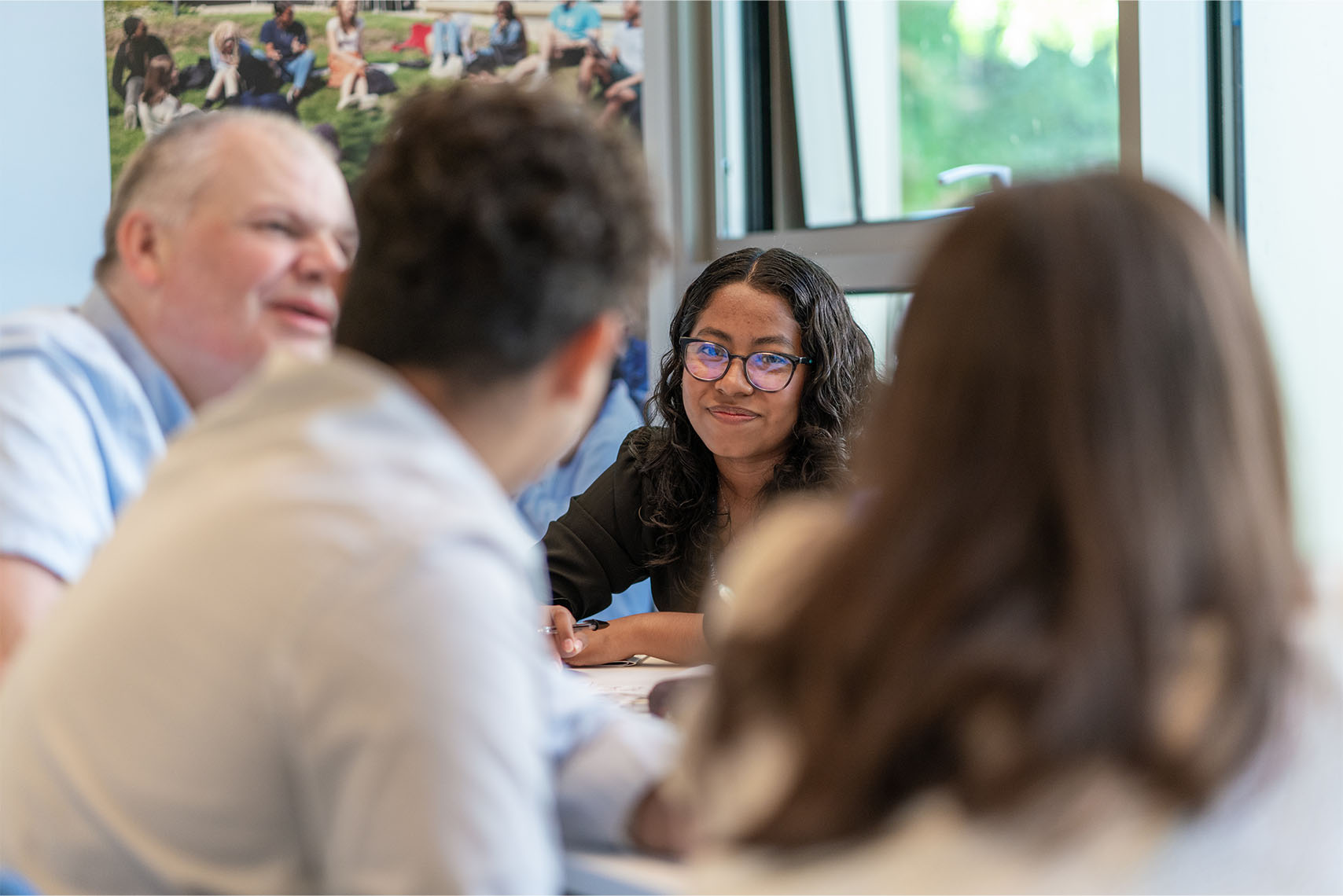
Learner-focused, Progressive Pedagogy
Guided by brain-based international educational research, specifically for the adolescent learner, the design of the IMYC features four pedagogical paradigms, utilized in each unit of learning focused around a Big Idea, that provides leaders, teachers and learners a comprehensive framework for learning across subject areas.
Teachers are encouraged to adapt the IMYC, particularly in the school's unique context, to best support their adolescent learners make meaning across Big Ideas and between tasks and activities within subject areas.
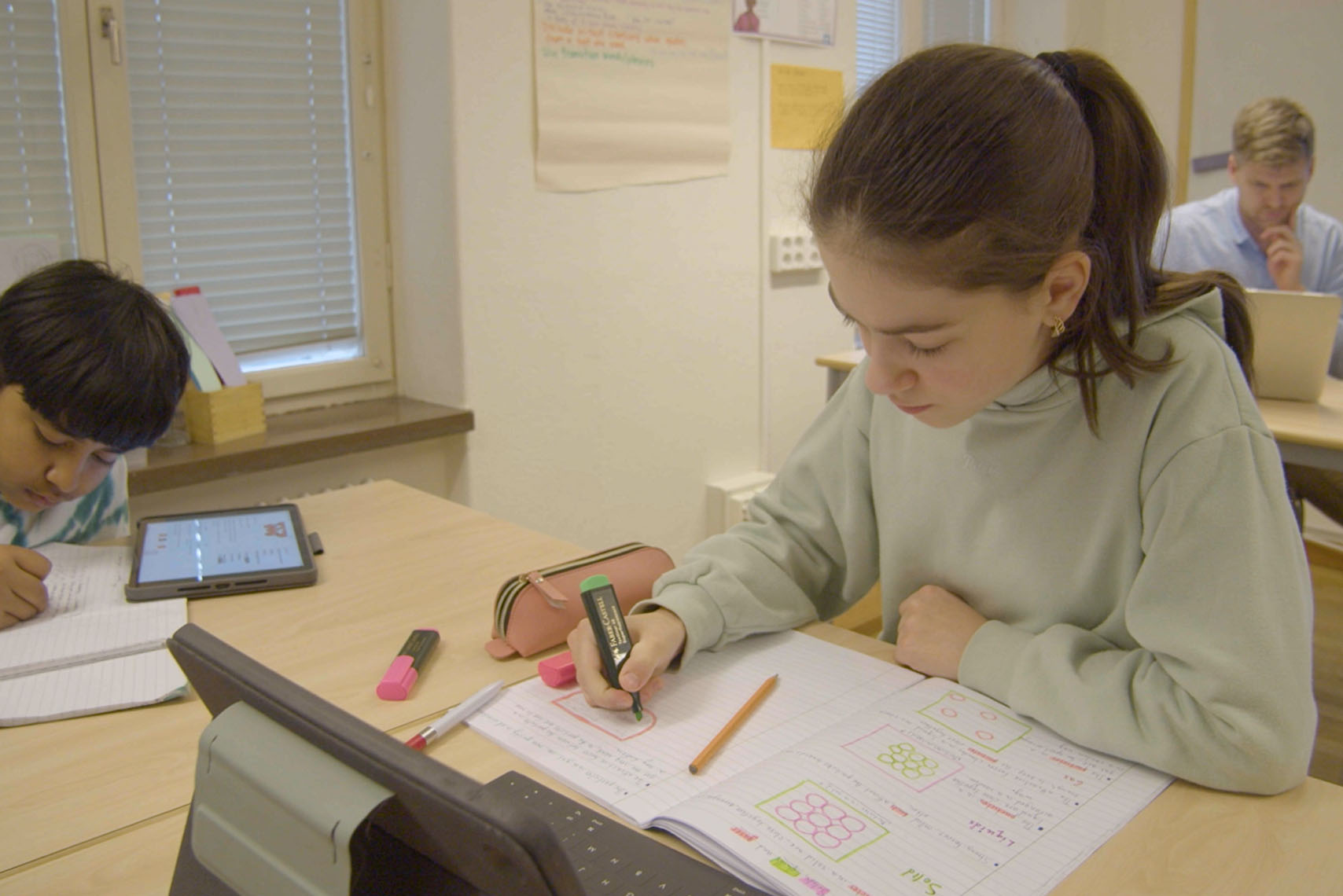
Assessment for Improving Learning
Within the IMYC, the focus of assessment is to improve learning for the student, with Knowledge, Skills, and Understanding assessed differently. Supporting the assessment of key skills for middle years learners —for example, that of an aspiring artist, scientist, or historian— comprehensive key skills rubrics and learning advice are provided for teachers and students to guide their own learning, whether individually or through peer assessment.
Book an information session
Curriculum Connections
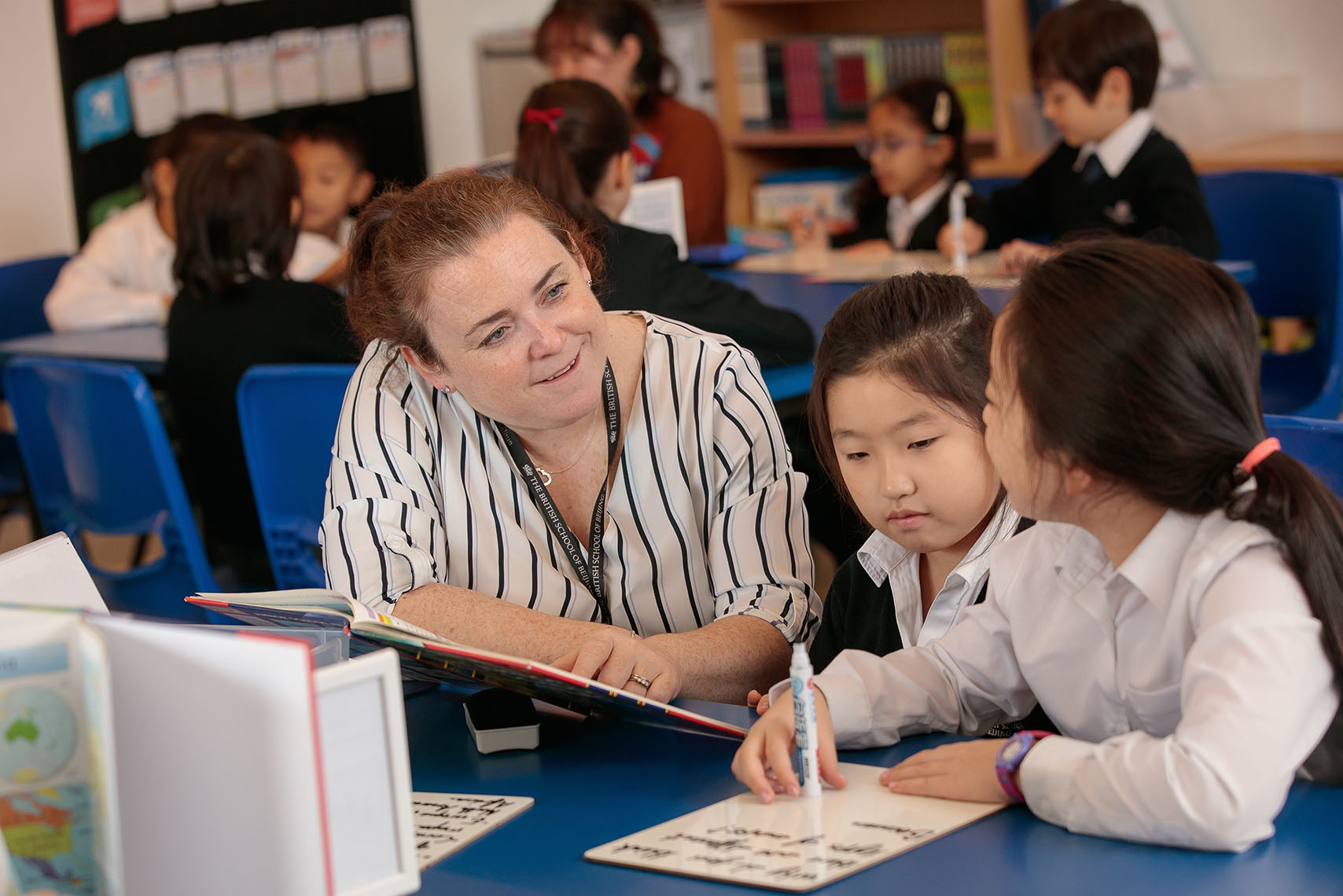
The International Curriculum
The IMYC is perfectly positioned for learners progressing from the IEYC and IPC, concluding the range of International Curriculum, designed to meet the needs of learners aged 2-14. The internationally-researched nature of the International Curriculum has been developed to best support learners of each age-range, while also being coherent with the seven foundations across the International Curriculum.
Personal and international learning are common to all three curricula along with the three types of learning—Knowledge, Skills and Understanding. Each curriculum contributes to a successful future of lifelong learning and can therefore be used independently or with other age-ranges of the International Curriculum.
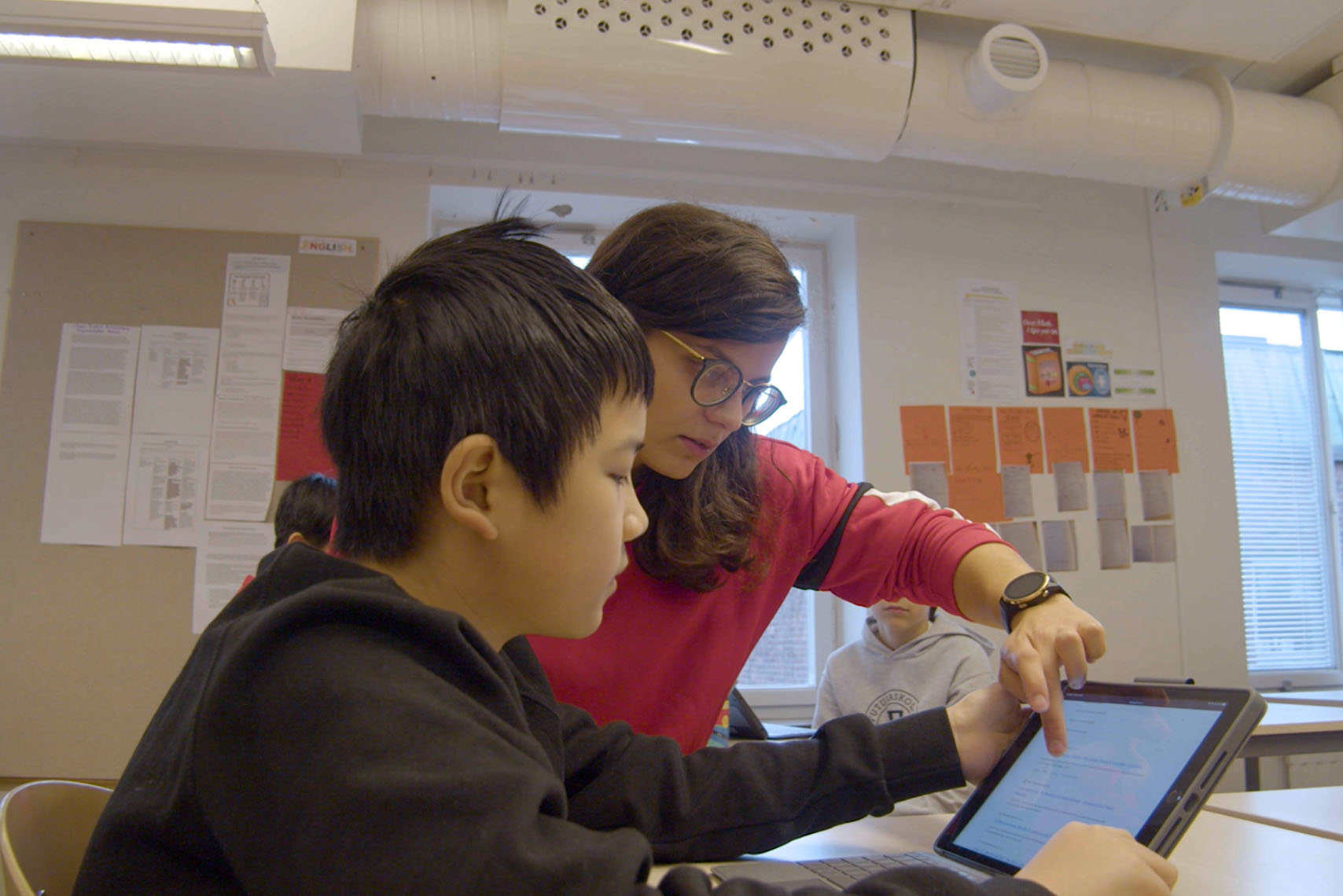
Curriculum Integrations
The IMYC can be used alone or in partnership with other curricula, with its detailed and research-informed international perspective on learning during the middle years. It has been mapped to the English National Curriculum and the American Common Core Standards, demonstrating its flexibility and rigour with international benchmarks in education.
Furthermore, all Subject Learning Goals in the IMYC have been developed with assistance from the global teaching community, for teachers, by teachers, and taking guidance from over 20 different national and regional curricula.
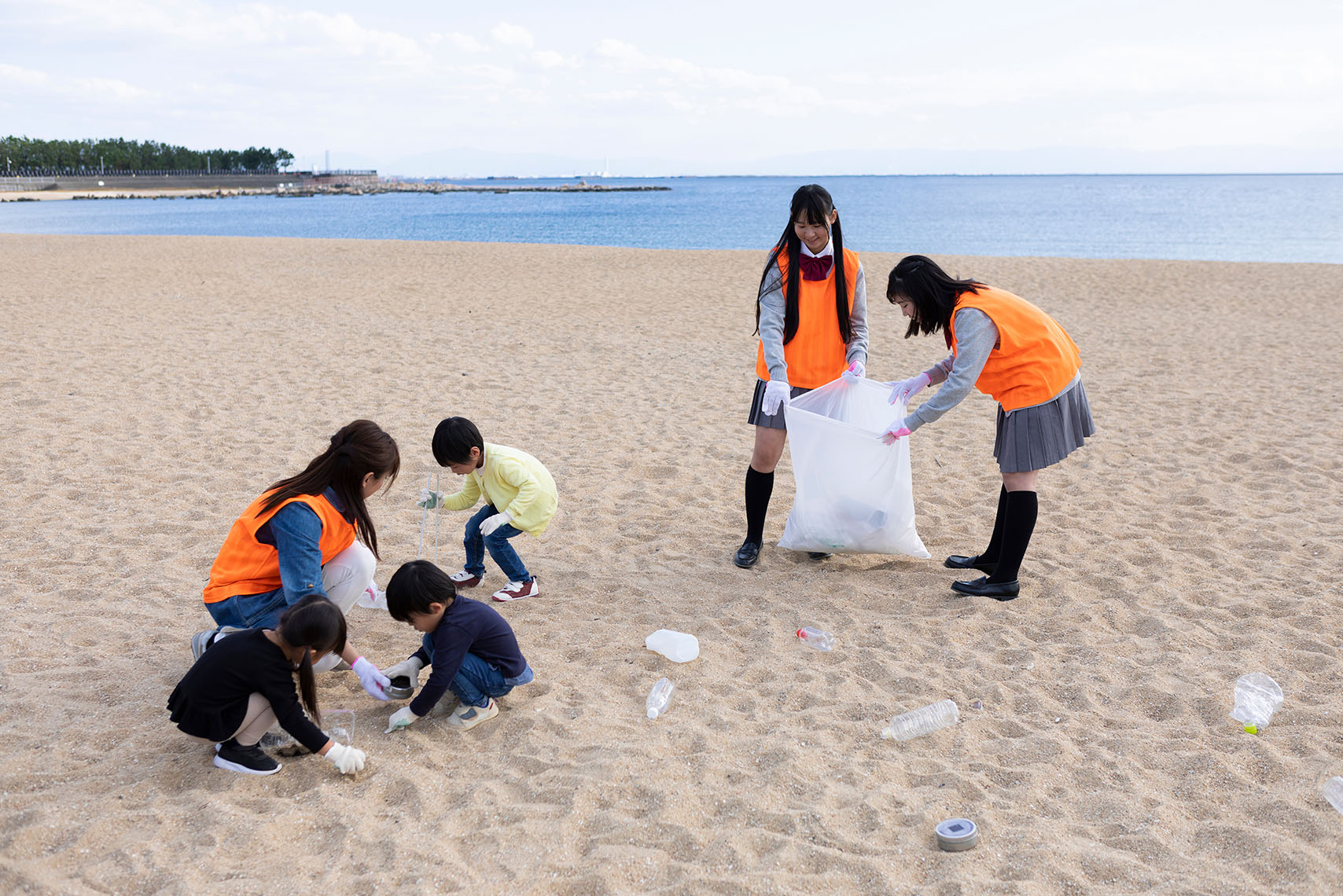
The International Curriculum and Community
As the IMYC was developed by teachers, for teachers, learning and teaching with the IMYC offers leaders, teachers and learners access to personal connections with a global network of schools, educators, and students. Teachers can share their learning journeys and collaborate with colleagues within their schools and also internationally, incorporating technology to network, discover diverse perspectives, and share best practices with each other.
On a local level, the IMYC also helps foster local community connections, inviting members into the learning process through by and celebrating Entry and Exit Points.
Testimonials
Case Studies
Accreditation
The International Curriculum Association (ICA) – working with you to champion quality, improve learning and unlock potential.

